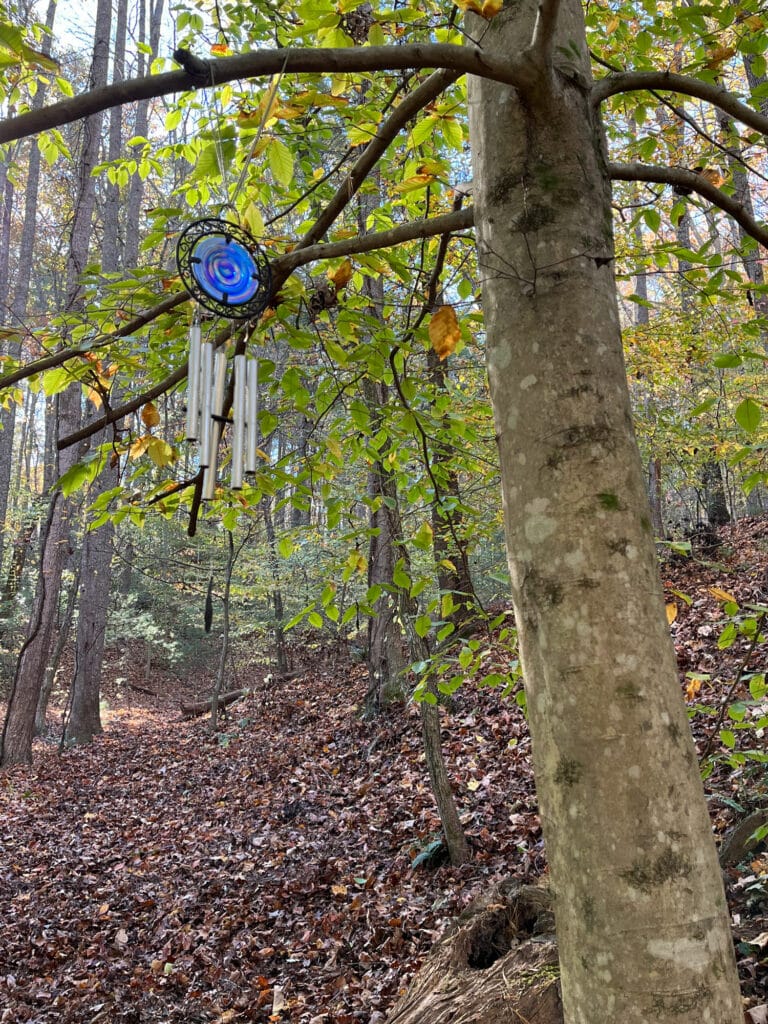 The Southern Environmental Law Center and Defenders of Wildlife today filed suit challenging the Minerals Management Service’s (MMS) complicity in the Gulf oil disaster and continued lax oversight of oil drilling operations, including its failure to require a thorough examination of spill risks from exploratory drilling operations like the Deepwater Horizon. The legal filing seeks to prohibit the MMS from continuing to exempt from environmental review new exploratory drilling operations in the Gulf of Mexico.
The Southern Environmental Law Center and Defenders of Wildlife today filed suit challenging the Minerals Management Service’s (MMS) complicity in the Gulf oil disaster and continued lax oversight of oil drilling operations, including its failure to require a thorough examination of spill risks from exploratory drilling operations like the Deepwater Horizon. The legal filing seeks to prohibit the MMS from continuing to exempt from environmental review new exploratory drilling operations in the Gulf of Mexico.
“It’s unconscionable that after the Deepwater Horizon blew and began spewing oil into the Gulf of Mexico, MMS continues to approve new drilling at even deeper depths without environmental review,” said Catherine Wannamaker, senior attorney with the Southern Environmental Law Center. “Through our lawsuit today, we’re seeking an immediate halt to new exploratory drilling in the Gulf of Mexico proceeding without environmental review.”
The MMS’ continued exemption of over 20 new structures and exploratory wells—including four at almost twice the depth (over 9,000 feet) of the one currently hemorrhaging in the Gulf of Mexico (almost 5,000 feet)—from environmental review of the risks is a violation of the National Environmental Policy Act. The agency’s continued issuance of these waivers – known as categorical exclusions – must be halted in light of the environmental harm caused by the British Petroleum Deepwater Horizon spill.
“As demonstrated by the continuing disaster in the Gulf, the magnitude of potential damage posed by risky offshore drilling operations is just too great to require anything less than close scrutiny by a competent and discerning agency,” said Sierra Weaver, staff attorney for Defenders of Wildlife. “MMS should appreciate that as it oversees drilling projects off of U.S. shores, it holds the very health and safety of our oceans and coastal waters in its hands.”
The MMS 2004 guidance creating a categorical exclusion for exploratory drilling operations in the Gulf of Mexico made clear that the exclusion should not apply to proposed operations in certain areas, including in “relatively untested deep water.” Yet, MMS granted Deepwater Horizon a categorical exclusion from environmental review despite the fact that the exploratory drilling was to take place in almost 5,000 feet of water. Since the Deepwater explosion and spill and with no explanation, MMS authorized over 20 new categorical exclusions for exploratory oil drilling operations in the Gulf, at least eight of which would be at depths deeper than the Deepwater Horizon.
The National Environmental Policy Act requires federal agencies to prepare an in-depth environmental impact statement to fully analyze the environmental impacts of a proposed federal action significantly affecting the environment, as well as reasonable alternatives to that action that might have lesser environmental impacts. That analysis forms the basis for the agency’s decision making, as well as whether to require further safeguards that will minimize environmental risks.
This is only the latest, though unfortunately the most environmentally devastating, example of MMS being institutionally incapable of ensuring any meaningful oversight of the oil industry. For years the agency has been too close with the oil industry for which it was issuing permits. During the Bush administration, Inspector General Earl Devaney detailed the agency’s “managerial irresponsibility and lack of accountability.”
Agencies are allowed to grant “categorical exclusions” from NEPA-required environmental analysis and documentation for certain activities, if it is determined that the actions “do not individually or cumulatively have a significant effect on the environment.”
According to recent news reports, the current oil spill may be ten times greater than official estimates. Oil spills can devastate coastal and marine environments for years, damaging communities, beaches, critical wetlands and fisheries, and wildlife.
The groups also notified MMS that they would file suit against violations of the Endangered Species Act related to insufficient analysis of the impacts of exploratory drilling on threatened and endangered species.
The challenge was filed today in U.S. District Court for the Southern District of Alabama by Defenders of Wildlife and the Southern Environmental Law Center. 







